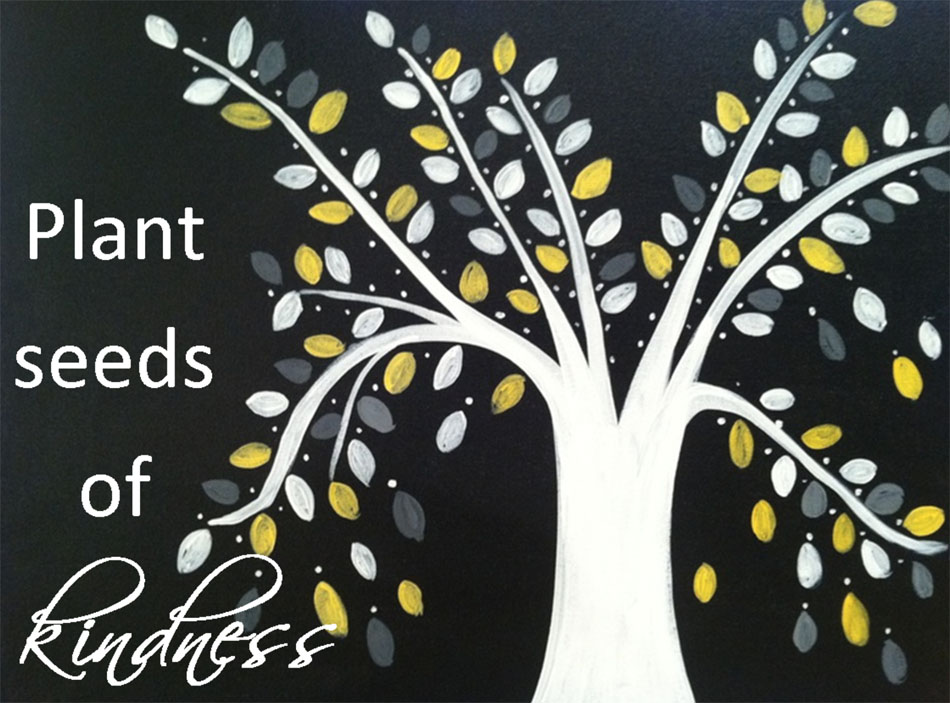Life has been busy, of late, and with the varied activities, obligations, and responsibilities I’ve been tasked with I have not had time to reflect. I have not been able to gather my thoughts. I have felt jumbled and unfocused in my writing, and I have been feeling stumped. I know that all of this is self-induced and that it all stems from a deep-rooted sense of anxiety – scanxiety to be exact. Yes. Scanxiety. A topic I have discussed in my previous posts A Test of Wills, It’s About the Remembering, and Perhaps… Just Perhaps. I am busy because I am choosing to be busy. I remain active because I do not wish to sit and think. To think only brings my thoughts to tomorrow’s mammogram. And it is not that I am frightened of what could be discovered during the scan, but what I have already experienced.
Realistically I cannot go-go-go without taking a moment to pause, recuperate, and rest. And so to avoid having my subconscious thoughts infiltrate my conscious thoughts I decided to browse through blogs and read about other people’s experiences, opinions, and reflections. In doing so, I stumbled upon a post by Christopher Todd Hall. It resonated with me. In his post Defining a Great Manager he explores the various attributes that make a manager, well, great! And he lands on the key – empathy
As I read his post I began to think more about my own personal experience with the many managers I have had over my many years within the work force, and in that moment I shared his epiphany. Yes! What makes a great manager is their ability to have empathy. And as I mull this over in my cluttered mind, I actually wish to expand on Christopher’s thoughts. I want to talk about my experience within my current job, and how my managers have shown me great kindness and empathy throughout my breast cancer journey. I need to commend them.
“What defines a great manager is empathy.” – Christopher Todd Hall
Let me begin by giving you some background of the work I do. I work front of house at two theatres. Some nights I deal with upwards of 1800 people (as do all of my colleagues). The physical, mental, and emotional demands of the job can get intense. And it is very physical. There is a lot of lifting, carrying, stair climbing, standing – a lot of standing – and so the job can be rather hard on the body.
When I was experiencing my diagnostic tests in rapid succession, my managers supported me throughout. They altered my work tasks while I was on shift to accommodate my physical and emotional needs; and then when I received that fateful phone call [while I was supervising the floor] confirming ‘it is breast cancer’ my assistant manager quietly walked me off the floor into the administrative offices, where my manager then collected me and brought me home. She made sure that I was safe with my family. Their compassion was beyond compare, and 4 years later it remains as such.
“Having empathy with their team will also help them … when team members are going through a difficult time in their personal lives.” – Christopher Todd Hall
Having empathy for others creates a positive, nurturing work environment. People feel recognized as a person, they feel valued, and they feel respected. When a manager demonstrates kindness and empathy to their staff, then the employees often work harder, and feel happier. I know this to be true because we receive many compliments from the patrons that pass through our doors regarding how kind, caring, and happy we are; and we are that way because the practice is established and fostered by our managerial team.
I know I am fortunate to have the support of my managerial team, because I have come to realize this is not the case for many breast cancer survivors. In my support groups I have heard the upsetting stories, where a survivor either could not return to her job post-breast cancer because the demands of the job were too intense, or she did return but was not given the emotional/physical support required. Management, in both these situations, was not showing the survivor empathy, compassion, or kindness. Perhaps what many do not realize is that when treatment for cancer ends, the journey does not end. The journey continues because there is still so much healing to do. I know that I am able to work today because my managers [and a core group of my colleagues] have demonstrated empathy toward me and my family throughout this journey. They have understood that recovering from breast cancer is a process. They have aided me through this process and have allowed me to comfortably work within the localized physical limitations I now have [post-surgery/current adjuvant therapy]. They continue to be there for me.
“They will be remembered for their empathy.” – Christopher Todd Hall
I have received an incredible amount of support from my managers [and co-workers]. They have supported me and my family through our darkest time. They helped carry us through. And they still do. For this, I am eternally grateful.
It is the little gestures of kindness that mean the most.
Little Gestures of Kindness. Published by Crystal Joy Hall








No Comments